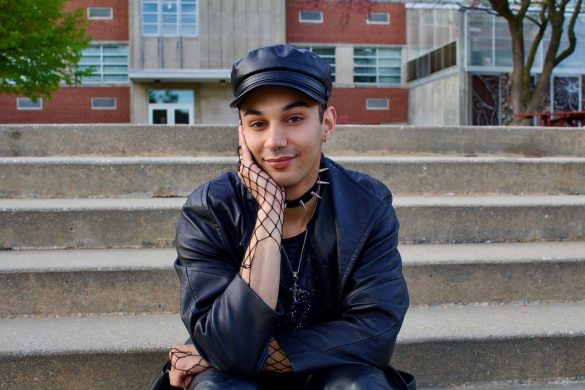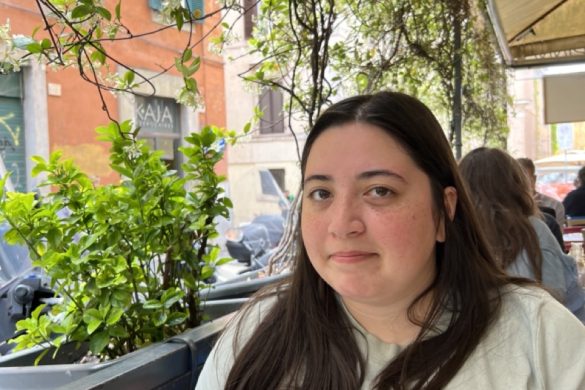True crime feels like it has been one of the most consumed genres across media platforms. Real stories are being told that include gruesome details and the timeline of what happened when the crime was committed. A fine line exists between what is ethical and unethical when it comes to making true crime podcasts, YouTube videos and television series. Millions of viewers consume this genre, but it has to be noted that everything being told is true. It is someone’s life that had to be changed for a source of entertainment to come out.
As someone who watches these types of videos and is an active listener to crime podcasts, I have asked myself whether it is unethical for these people’s lives to be shared on the internet for everyone to watch. Advocates for the genre explain that these people’s lives still need to be remembered, as well as the fact that what happened to them could very easily happen to other people, and that the genre is a good outlet to inform people of what goes on in everyday life. I think that these podcasts share insight to help people avoid encountering these situations themselves, in much the same way that the news is a good way for young children and teens to become aware of the bad things that go on in the world.
Although it seems ethical that people are informing others of the victims’ stories, it must always be remembered that the people who are getting shows made about them had to experience it firsthand and then live through the pain that it caused them. According to Mashable, Patricia Wenskunas, a woman who survived a violent assault, said, “What happened to me is not ‘a story.’ It’s my life.”
Consent is something that in my opinion should be taken into consideration. The people involved should decide whether their story is used publicly in this way. The difference between the news and true crime podcasts or YouTube videos is that the news covers the surface level of what happened, while the others cover the story in depth, giving the viewers more details. Getting the victims’ consent to air the podcast or YouTube video seems like the smallest thing those who will make money from sharing the story could do. Not getting consent is unethical—people need to realize that these are people’s lives.
The true crime genre impacts families as well as the victims, and there is a line between what is respectful and what is not. Ensuring that the families are aware that a video or podcast will be released is respectful. True crime media can be outlets through which people become more knowledgeable on topics that might not otherwise be publicly available, and the genre’s popularity suggests it is here to stay. It should at least be disseminated ethically.








